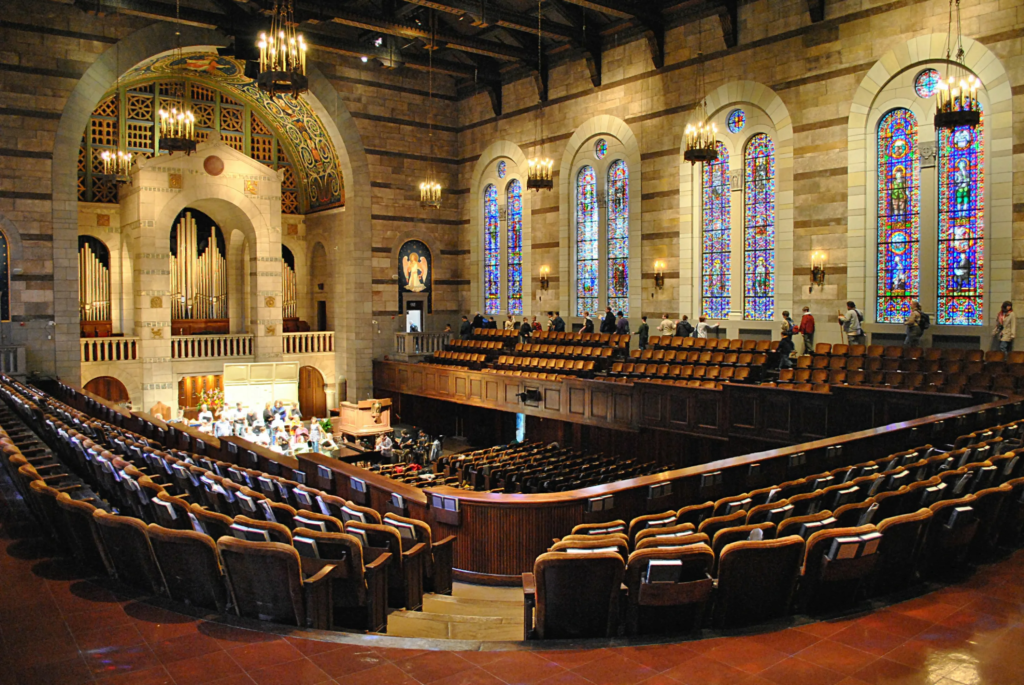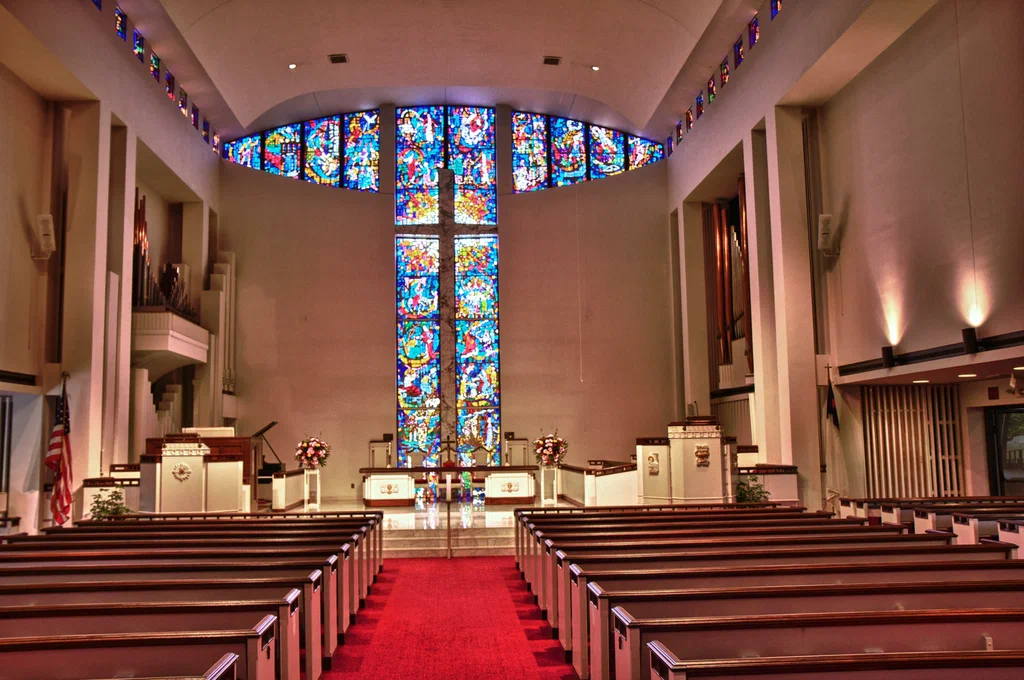Introduction
The Presbyterian Church, known for its rich history and commitment to faith, finds itself at a crossroads. Many have recently questioned whether the church has lost its moral compass. Shifts in beliefs and evolving social issues have sparked deep discussions. What has changed? Why are these changes necessary? And where does the Presbyterian Church go from here?
Historical Foundations
The Presbyterian Church has always been rooted in strong moral convictions. Founded on principles of justice, equality, and a solid moral code, the church has influenced countless communities worldwide. But today, these foundations seem to be shaking, with some arguing the church has drifted from its values.
Modern Challenges

What exactly has changed? The church’s challenges today are vastly different from those in the past. With society evolving rapidly, the Presbyterian Church faces pressures from social movements, economic changes, and political ideologies that didn’t exist before.
Moral Standards in Transition
At its core, many believe the church’s moral standards have shifted. Once staunchly conservative, some sections of the church have adopted more progressive stances, especially on controversial topics. But is this shift a natural evolution or a sign of losing touch with foundational values?
Shift in Social Stances
Issues like LGBTQ+ rights, gender roles, and racial equality have forced many churches, including the Presbyterian Church, to reevaluate long-held beliefs. While some celebrate this shift, others see it as a departure from traditional doctrines. For them, it is a sign that the church has, indeed, lost its moral compass.
Internal Conflicts
The church is also experiencing internal conflicts. Many congregations are divided, with some embracing change while others clinging to traditional beliefs. This division has created rifts within congregations and led to entire churches breaking away to form new denominations. Such schisms raise questions about unity and the church’s ability to maintain its core values.
Political and Cultural Tensions

Even religious institutions aren’t immune to political pressures in today’s polarized society. For instance, issues like immigration, healthcare, and environmental responsibility are debated within the church. These discussions often mirror the divisions seen in broader society, suggesting that the Presbyterian Church is as vulnerable to cultural influences as any other institution.
Generational Gaps
Another layer of complexity lies in the generational differences among church members. Younger generations often seek inclusivity and progressive change, while older members prefer to uphold tradition. This generational gap has led to a disconnect, with each group feeling that their values are not adequately represented in church practices.
Calls for Reform
Many within the Presbyterian Church are calling for reform. Some argue that the church must return to its roots and reaffirm its commitment to traditional values to regain its moral standing. Others believe the path forward requires adapting to modern issues and maintaining essential principles. This debate over reform highlights the complexity of finding balance in a changing world.
The Role of the Congregation

Congregation members play a crucial role in shaping the church’s future. Their support—or lack thereof—can determine whether a congregation leans towards conservative or progressive ideals. This dynamic makes the Presbyterian Church a reflection of its people, embodying their values and divisions.
Finding Balance
So, how can the Presbyterian Church find balance? Like a ship navigating through a storm, the church must steer carefully between upholding tradition and embracing change. This journey requires wisdom, patience, and a renewed commitment to understanding both sides of every issue.
Impact on Community Trust
These internal struggles affect the church’s relationship with the community. Some members’ trust in the church has dwindled, as they feel it no longer represents their beliefs. This erosion of trust poses a serious challenge, as the church’s ability to inspire and guide relies heavily on its moral authority.
Lessons from Other Denominations
The Presbyterian Church isn’t alone in its struggles. Many other denominations have faced similar issues and have either adapted or held firm. Studying these cases can offer valuable lessons on what might work—or fail—within the Presbyterian context. A willingness to learn from others could give the church a roadmap for navigating its moral challenges.
The Future of the Presbyterian Church
Looking ahead, the Presbyterian Church stands at a pivotal point. Whether it returns to its roots, embraces a new path, or finds a middle ground, this decision will shape its identity for future generations. The church’s journey to reclaim its moral compass requires a thoughtful, collective effort from leaders, congregations, and the wider community.
Conclusion
Ultimately, the question remains: Has the Presbyterian Church truly lost its moral compass, or is it evolving in response to a changing world? This answer may differ depending on one’s perspective. Still, one thing is clear—the church’s path forward must be deliberate, thoughtful, and grounded in its commitment to serve its congregation and uphold moral values. Through this journey of introspection and unity, the church can hope to restore faith and trust within its walls and beyond.



